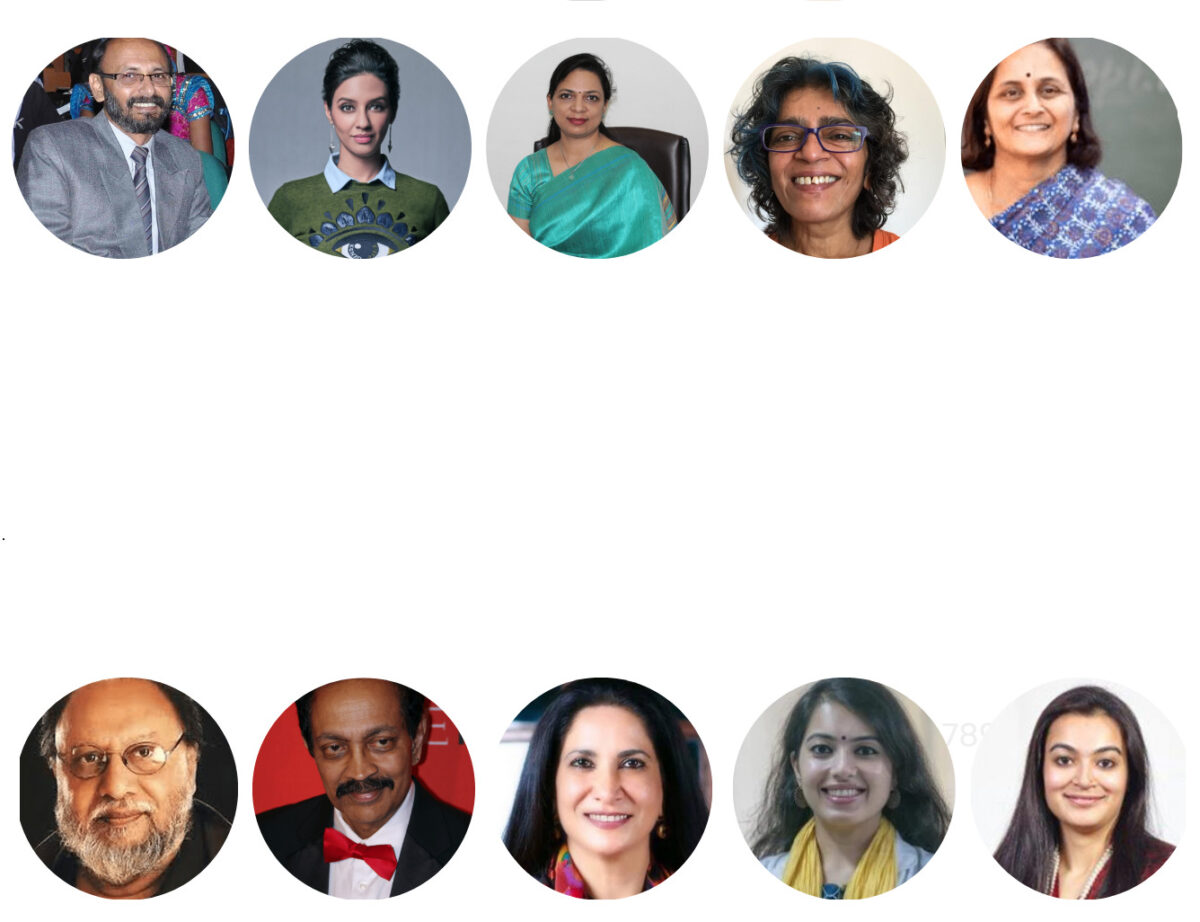What to Expect When Visiting the Best Psychologist in Delhi for Counseling
What to Expect When Visiting the Best Psychologist in Delhi for Counseling
Blog Article
The Duty of Psych Treatment in Taking Care Of Anxiousness and Clinical Depression
Psychiatric therapy has actually emerged as a keystone in the administration of anxiety and clinical depression, offering customized interventions that vary from Cognitive-Behavioral Therapy (CBT) to mindfulness-based strategies. These methods not just assist people in identifying and reorganizing negative idea patterns yet likewise foster present-moment recognition, decreasing the propensity to ruminate.
Comprehending Anxiety and Anxiety
Comprehending stress and anxiety and depression requires a thorough appearance at these common mental health problems, which commonly exist together and considerably impact a person's everyday life. Conversely, clinical depression shows up as a pervasive sensation of despondence, vacuum, or unhappiness, often come with by a loss of interest in formerly delighted in tasks, changes in cravings, and sleep disruptions.
The coexistence of anxiousness and anxiety can complicate and aggravate signs medical diagnosis and treatment. People experiencing both problems might experience a lot more serious symptoms, better impairment in work-related and social performance, and a much longer period of health problem. This comorbidity requires a nuanced understanding and method to treatment.
Neurobiological variables such as natural chemical discrepancies, hereditary tendencies, and environmental stress factors add to the advancement and upkeep of these problems. Furthermore, cognitive patterns like negative attitude and maladaptive actions can perpetuate these problems. Recognizing the detailed interplay of these factors is vital for reliable treatment. Comprehensive assessment by mental health professionals is important to recognize the presence and level of these problems, paving the way for tailored therapeutic techniques.
Kinds of Psychiatric Therapy
Psychiatric therapy, likewise referred to as talk therapy, encompasses a variety of therapy methods created to ease signs of stress and anxiety and depression by dealing with the underlying psychological and psychological issues. Various sorts of psychotherapy are tailored to fulfill the one-of-a-kind requirements of individuals, providing a variety of techniques to mental health treatment.
One widely utilized kind is psychodynamic therapy, which concentrates on understanding and solving unconscious conflicts originating from early life experiences. By discovering these ingrained issues, people get insight right into their current actions and emotion.
Interpersonal Treatment (IPT) is one more reliable technique that concentrates on enhancing interpersonal connections and social functioning to lower depressive symptoms. It commonly deals with concerns such as despair, role shifts, and social conflicts.
Humanistic treatments, such as Client-Centered Treatment, emphasize individual growth and self-actualization. Best Psychologist in Delhi. These techniques develop a helpful setting where individuals can explore their sensations and develop a stronger feeling of self
Finally, Dialectical Behavior Modification (DBT) integrates cognitive-behavioral strategies with mindfulness practices. Originally established for borderline individuality disorder, DBT has actually been adjusted to deal with anxiety and anxiety by training abilities in distress tolerance, emotional guideline, and social effectiveness.
These diverse psychotherapeutic strategies provide several paths to psychological health and well-being, accommodating therapeutic requirements and private choices.
Cognitive-Behavioral Treatment (CBT)
Amongst the various psychotherapeutic modalities, Cognitive-Behavioral Therapy (CBT) stands apart for its organized, ambitious technique in dealing with anxiousness and clinical depression. Created by Aaron T. Beck in the 1960s, CBT is based on the principle that maladaptive reasoning patterns add significantly to emotional distress and behavior concerns. By recognizing and reorganizing these adverse idea patterns, CBT intends to relieve signs and symptoms and foster much healthier cognitive procedures.
CBT is commonly temporary, extending 12 to 20 sessions, and entails a collective initiative between specialist and individual. The therapy encompasses a range of techniques, consisting of cognitive restructuring, exposure treatment, and behavior activation. Cognitive restructuring concentrates on testing and changing distorted cognitions, while exposure treatment progressively acclimates people to anxiety-provoking stimulations, minimizing avoidance behaviors. Behavior activation looks for to enhance engagement in satisfying tasks to combat depressive states.
Empirical proof highlights the efficacy of CBT, with many research studies showing its efficiency in reducing symptoms of anxiousness and anxiety. This healing technique has actually been adapted for numerous populations and setups, showing functional and adaptable. Its organized nature, empirical support, and concentrate on ability purchase make CBT a keystone in the psychotherapeutic treatment of anxiousness and depression.
Mindfulness-Based Strategies
Mindfulness-Based Techniques have amassed considerable focus in recent years as reliable treatments for anxiousness and anxiety. Rooted in ancient meditation techniques, these strategies aim to grow a heightened understanding of today minute, which can help individuals disengage from the ruminative thought patterns usually related to anxiousness and depressive disorders.

Likewise, Mindfulness-Based Cognitive Therapy (MBCT) integrates principles from Cognitive-Behavioral Therapy (CBT) with mindfulness strategies. MBCT is particularly effective in preventing relapse view website in individuals with reoccurring depression. By recognizing very early indication of depressive episodes, people trained in MBCT can apply mindfulness practices to reduce the beginning of full-on episodes.
Advantages of Psychiatric Therapy
Many research studies have shown the profound advantages of psychiatric therapy for people coming to grips with anxiety and depression. Among the crucial advantages is the improvement of psychological guideline. Psychotherapy equips people with dealing techniques to manage traumatic feelings, thereby lowering signs of anxiety and clinical depression. Cognitive-behavioral treatment (CBT), for instance, aids individuals recognize and test negative idea patterns, fostering an extra positive and well balanced outlook.
Additionally, psychotherapy supplies an organized atmosphere for self-exploration and understanding. By reviewing their experiences and feelings with an experienced therapist, people can reveal underlying issues adding to their psychological health struggles. This self-awareness is an essential action towards long-term healing and durability.
One more significant benefit is the enhancement of interpersonal abilities. Anxiousness and depression typically stress connections, leading to isolation. With restorative treatments, people learn efficient interaction and conflict-resolution abilities, which can improve their interactions and foster supportive connections.
Additionally, psychotherapy offers a tailored technique to therapy. Inevitably, the advantages of psychiatric therapy expand past sign relief, contributing to general health go to the website and high quality of life.

Final Thought
Psychotherapy substantially adds to the administration of stress and anxiety and clinical depression by supplying reliable coping methods and a protected atmosphere for self-exploration. Techniques such as Cognitive-Behavioral Therapy (CBT) and mindfulness-based techniques contribute in identifying and reorganizing adverse thought patterns, while advertising present-moment understanding. These tailored treatments not just ease signs and symptoms yet additionally improve emotional regulation and social skills, thus improving total wellness and quality of life for people dealing with these mental wellness challenges.
Psychiatric therapy has emerged as a foundation in the monitoring of anxiety and anxiety, offering tailored interventions that vary from Cognitive-Behavioral Therapy (CBT) to mindfulness-based approaches.Comprehending anxiety and clinical depression requires a comprehensive appearance at these prevalent psychological health problems, which commonly coexist and dramatically effect an individual's everyday life.Amongst the various psychotherapeutic methods, Cognitive-Behavioral Therapy (CBT) stands out for its organized, goal-oriented strategy in dealing with anxiety and anxiety.Countless research studies have actually demonstrated the profound advantages of psychotherapy for individuals grappling with anxiousness and depression. Psychotherapy outfits patients with coping approaches to manage stressful feelings, thereby minimizing signs and symptoms of anxiety and depression.
Report this page